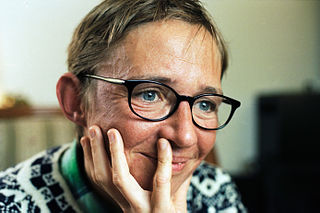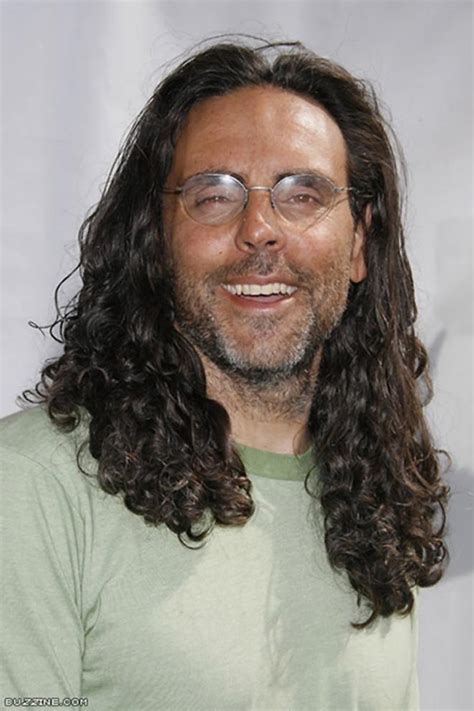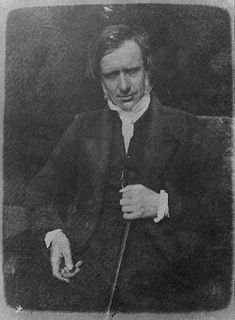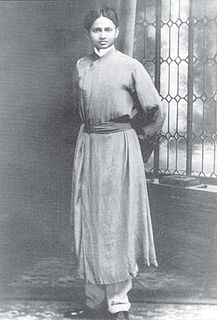A Quote by Sathya Sai Baba
Related Quotes
You know, that's what I've regretted the most, that joy. Of course, later there were times when I felt happy, but happiness is to joy what an electric light bulb is to the sun. Happiness always has an object, you're happy because of something, it's a condition whose existence depends on external things. Joy, on the other hand, has no object. It seizes you for no apparent reason; it's like the sun- its burning is fueled by its own heart.
Our own economy tells us to take as much as we can get, right? Our own economy says, you're going to be the most successful graduate if you go into the business world and take as much you can get. That's not how nature works. Nature has a much simpler economy. Everything in nature takes what it needs. That's it. You don't see an oak tree gathering up all the resources. An oak tree takes what it needs to be the authentic oak tree it is.
So much of our early gladness vanishes utterly from our memory: we can never recall the joy with which we laid our heads on our mother's bosom or rode on our father's back in childhood; doubtless that joy is wrought up into our nature, as the sunlight of long-past mornings is wrought up in the soft mellowness of the apricot; but it is gone forever from our imagination, and we can only believe in the joy of childhood.
Every object in nature is impressed with God's footsteps, and every day repeats the wonders of creation. There is not an object, be it pebble or pearl, weed or rose, the flower-spangled sward beneath, or the star-spangled sky above, not a worm or an angel, a drop of water or a boundless ocean, in which intelligence may not discern, and piety adore, the providence of Him who took our nature that He might save our souls.
Mindful consumption is the object of this precept. We are what we consume. If we look deeply into the items that we consume every day, we will come to know our own nature very well. We have to eat, drink, consume, but if we do it unmindfully, we may destroy our bodies and our consciousness, showing ingratitude toward our ancestors, our parents, and future generations.
Our minds must meditate on some object. According to what he thinks, a man can create an atmosphere of radiance, exuberance, buoyancy; and this brings joy. Or he can carry gloom with him. It is a matter of the habit of thought. We must build up our own life by our thoughts. There are many ways by which we can do this. Art, music, even manual work, all can bring ripening to the soul.
Without going out-of-doors, one can know all he needs to know. Without even looking out of his window, one can grasp the nature of everything. Without going beyond his own nature, one can achieve ultimate wisdom. Therefore, the intelligent man knows all he needs to know without going away, And sees all he needs to see without looking elsewhere, And does all he needs to do wihout undue exertion.
Joy is the great note all through the Bible. We have the notion of joy that arises from good spirits or good health, but the miracle of joy of God has nothing to do with a man's life or his circumstances or the condition he is in. Jesus Christ does not come to a man and say, 'Cheer up.' He plants within a man the miracle of the joy of God's own nature.









































